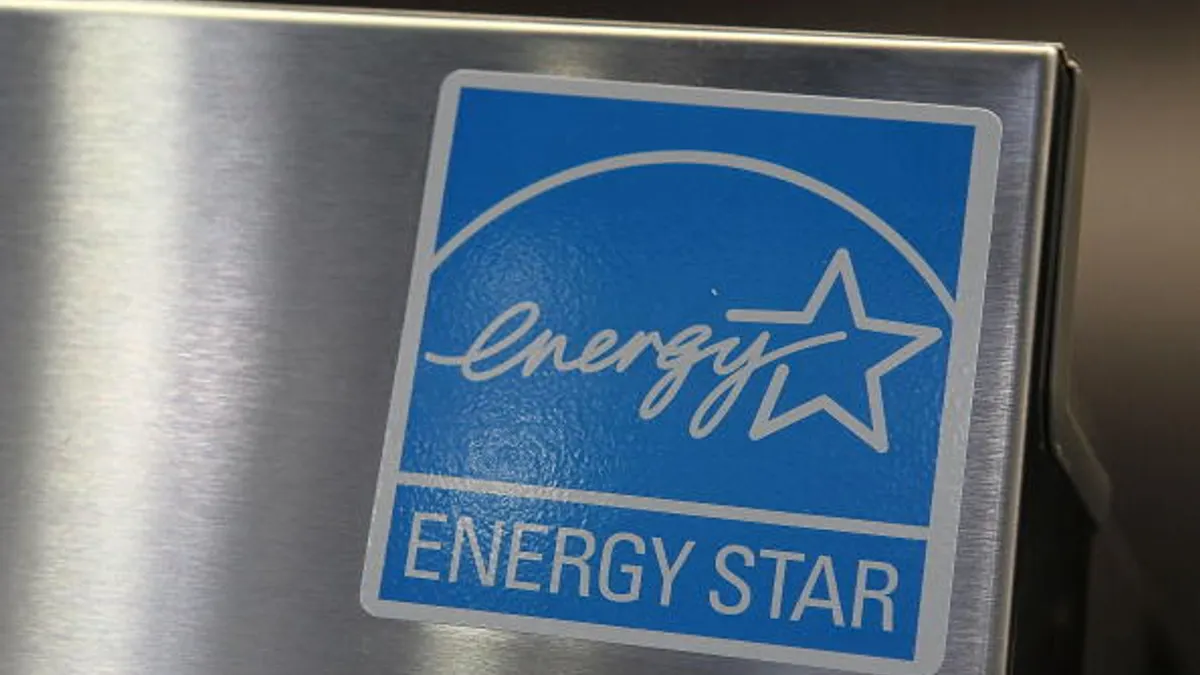Dive Brief:
- Amid a wave of industry decisions to shutter nuclear plants struggling in competitive markets, Exelon has told the Quad-City Times that its Three Mile Island facility in Pennsylvania and Byron in Illinois could be the next "economically challenged" facilities without changes to market structure.
- Without market reforms, the generator warned the recent decisions to close the Illinois nuclear facilities will likely not be the end to the expanding trend of utilities shutting down nuclear assets.
- Exelon announced earlier this month that it would shutter its Clinton and Quad Cities nuclear plants in Illinois, after the facilities failed to clear the PJM Interconnection forward capacity auction.
Dive Insight:
Faced with escalating operating costs and competing against historically-cheap gas generation, nuclear plants have struggled to stay afloat even as regulators praise their carbon-free generation.
Exelon is warning that recent decisions to close a pair of Illinois plants may not be the end, if changes are not made in how nuclear power is valued by competitive markets.
"The markets are unfair, unequitable, and we can't compete in a fair manner because of [renewable] subsidies," Bill Stoermer, Exelon spokesman for the Quad-Cities station, told the Quad-City Times. "We've also seen a decline in energy market prices due to the price of natural gas being at historic lows, which has negatively affected the market price of electricity."
Stoermer said Exelon's Byron, also located in Illinois, has struggled to clear auctions and not all of its capacity cleared the recent PJM auction. Thee Mile Island, in Pennsylvania, faces similar pressures.
Following the results of PJM's recent capacity auction, where a glut of new gas generation depressed prices, Exelon announced it would close the Quad Cities and Clinton plants. Similar decisions have been made in Vermont, New York and Massachusetts, where Entergy has been forced to close down Vermont Yankee and has plans to shutter the FitzPatrick and Pilgrim plants.
Illinois and New York are both considering additional credit for nuclear power's carbon-free generation, but so far legislation has come too late to save plants. But while Exelon's decision to close plants is final, the generator has also said it is "reversible," should lawmakers move quickly.
Exelon's Quad Cities and Clinton plants lost a combined $800 million in the last seven years, despite strong performance records.
"Many days, the market price is considerably less than the operating costs of Quad-Cities station," according to Stoermer.
State legislation designed to save some nuclear plants has so far been too late, an issue Utility Dive recently reported on here.














